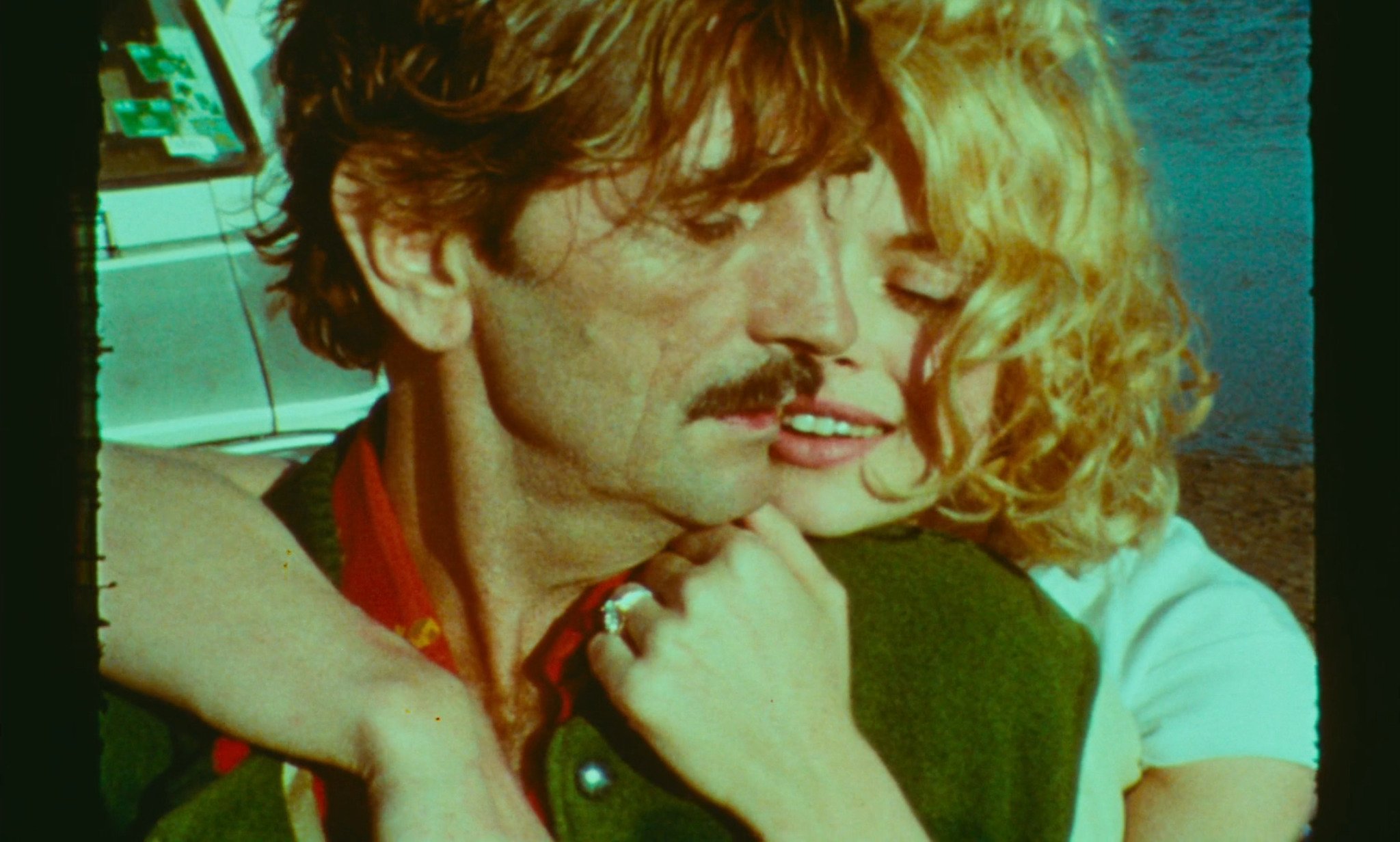Paris, Texas (1984)
Directed by Wim Wenders
The beginning of Paris, Texas sees Travis (Harry Dean Stanton) walk. He’s blistered by the sun. His suit is covered in dirt and sand. His jug of water is empty and his expression is of blank agony. His brother comes to save him but ultimately he can’t. Travis has to do it himself. He has to make things right.
I walk to ruminate. When I was in high school, I’d walk the two miles home to reflect on the day. Maybe it was a byproduct of living in a household where I’d accompany my mother on chores. She didn’t have a driver’s license so we’d walk everywhere. After an incident with police, she never left me alone and would demand that I accompany her during her exercise routines around the nearby park. I would wake up early in the morning and detested the exercise, but I can’t deny that the routine ended up permitting me to reflect. During the height of the COVID-19 pandemic, I found myself returning to daily walks. It was a simple pleasure, sipping on a coffee as I took different paths in my and adjacent neighborhoods to explore. If I’m not cycling, I walk. It’s another two miles from the train station to my home and even in the depths of winter, I prefer to hoof it. I preferred to hoof it when I was ready to kill myself. I preferred to hoof it when I walked away from Sara. Those are miles that I needed to put in to earn what I was about to do.
Travis walks to forget. He made a cataclysmic mistake and it’s his penance to walk the Earth. I’ve been there. Like with the Before trilogy, I’ve been very forgiving of our central male characters for their acts of deceit. Travis’ act of violence toward Jane (Nastassja Kinski) is buried within an incredible piece of filmmaking, where in a monologue Travis recounts his relationship with the mother of their child. Like all the films in The Salt Shed’s programming, this is one that’s wildly romantic depending on who you ask. It’s a film marked by regret and pain, where two hurt people just hurt, incredibly. The sequence involving Travis and Jane sitting in opposite rooms, with a mirror dividing them, is one of the most powerful sequences ever captured on film, and I say that with no trace of hyperbole.
I guess what I get most out of this film, now at 35, is that to be sorry is not enough. It’s never going to be enough. I can try to make things right, to the best of my ability, but eventually, I just had to walk away. I walked. And only after that, was I truly able to be happy. For Travis, I can only hope the same.

